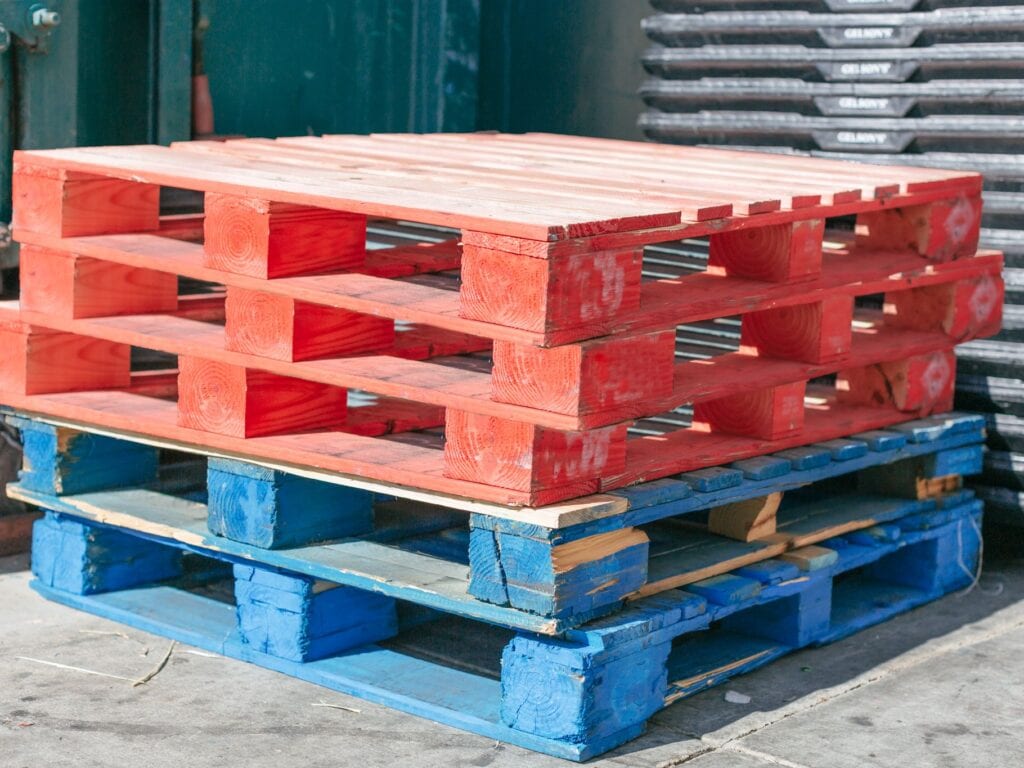In today’s fast-paced global economy, sustainability has become a top priority for businesses across all industries. One of the most overlooked yet essential components of a sustainable supply chain is the Pallet. Wooden pallets play a crucial role in the transportation, storage, and handling of goods. They not only improve efficiency and safety in logistics but also contribute to eco-friendly practices when managed responsibly. As industries strive to reduce their carbon footprint, the use of wooden pallets has become a key factor in achieving greener operations and supporting circular economy principles.
The Importance of Pallets in Modern Logistics
The pallet is the foundation of the global logistics system. It allows for easy stacking, handling, and transportation of goods using forklifts and pallet jacks. Without the pallet, modern warehousing and distribution would be far less efficient. A single pallet can support hundreds of pounds of goods, making it indispensable in manufacturing, retail, and shipping industries. The widespread adoption of standardized pallets ensures smooth international trade by simplifying loading and unloading processes across different transport systems.
Why Wooden Pallets Are a Sustainable Choice
Wooden pallets are one of the most sustainable choices for supply chain management. They are made from renewable resources, often using by-products from sawmills and forestry operations that would otherwise go to waste. A wooden pallet can be repaired, reused, and eventually recycled, which extends its life cycle and minimizes waste. When a pallet reaches the end of its usable life, it can be repurposed into mulch, animal bedding, or biomass fuel, reducing landfill impact and promoting resource efficiency.
Environmental Benefits of Wooden Pallets
Using wooden pallets supports environmental sustainability in several ways. Firstly, wood is a natural carbon sink, meaning that every pallet stores carbon absorbed during a tree’s growth. Secondly, wooden pallets are biodegradable and have a smaller environmental footprint compared to plastic alternatives. The recycling and repair programs for wooden pallets also reduce the demand for new timber, helping preserve forests. Furthermore, the production of wooden pallets requires less energy compared to the manufacturing of plastic pallets, contributing to lower greenhouse gas emissions.
Reusability and Recycling of Pallets
One of the major advantages of a wooden pallet is its reusability. A well-constructed pallet can last for several years with proper maintenance. When damaged, it can often be repaired at a low cost. Once a pallet is no longer fit for use, it can be recycled into other wood-based products or even used as biomass for energy production. Many companies now participate in pallet pooling systems, where pallets are collected, refurbished, and redistributed, minimizing waste and conserving resources. This closed-loop approach enhances sustainability and reduces overall operational costs.
Economic Advantages of Wooden Pallets
Beyond environmental benefits, wooden pallets offer strong economic value. They are generally more affordable to produce than plastic or metal pallets, making them accessible to businesses of all sizes. Additionally, the repair and recycling process creates jobs in the pallet manufacturing and logistics industries. By choosing wooden pallets, companies can maintain cost efficiency while supporting sustainable practices. Their durability also ensures fewer replacements and reduced waste management expenses over time.
The Role of Pallets in a Circular Economy
Wooden pallets fit perfectly within the circular economy model. Instead of being discarded after use, a pallet can be repaired, reused, and recycled repeatedly. This approach reduces the consumption of raw materials and minimizes waste generation. Many industries have embraced the circular use of pallets as part of their sustainability goals, recognizing their potential to lower environmental impact. By keeping pallets in circulation for as long as possible, businesses can significantly cut down on carbon emissions and enhance supply chain efficiency.
Innovations in Pallet Design and Sustainability
Recent innovations in pallet design have further improved sustainability and performance. Many manufacturers now use heat treatment instead of chemical fumigation to protect pallets from pests, ensuring compliance with international shipping standards while remaining environmentally friendly. Advanced manufacturing technologies also allow for stronger and lighter pallets, optimizing fuel efficiency during transport. Some companies are even experimenting with hybrid pallets made from a combination of recycled wood fibers and other sustainable materials, enhancing durability while reducing resource consumption.
Wooden Pallets and Global Trade
The global trade industry relies heavily on the versatility of the pallet. Wooden pallets are accepted worldwide because of their strength, availability, and cost-effectiveness. They simplify the movement of goods through ports, warehouses, and distribution centers, ensuring that products reach consumers efficiently. Furthermore, the recyclability and reusability of wooden pallets make them a practical choice for companies committed to environmental responsibility in international logistics.
Conclusion
The wooden pallet plays a vital role in building a sustainable supply chain by combining practicality, affordability, and environmental responsibility. As a renewable, recyclable, and reusable resource, the pallet supports businesses in reducing waste, conserving resources, and lowering carbon emissions. Its ability to be repaired and repurposed exemplifies the principles of a circular economy, making it a cornerstone of sustainable logistics. With innovations in design and management, wooden pallets will continue to drive efficiency and sustainability across industries, reinforcing their importance in creating a greener global supply chain.
